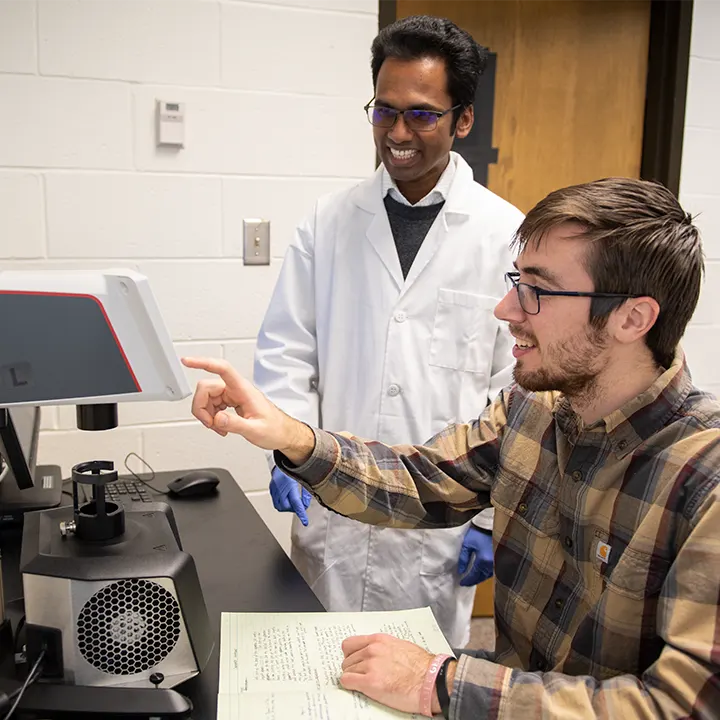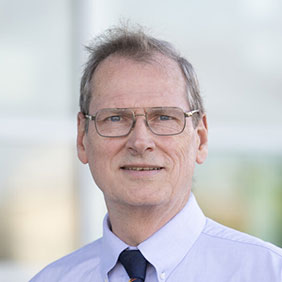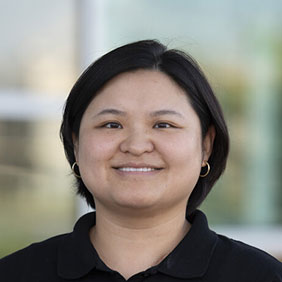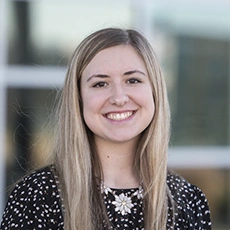About the BS in Physics Degree
Why Study Physics at Cedarville?
If you have a love for both mathematics and the sciences, Cedarville’s distinctly Christian BS in physics program may be a perfect fit for you. Physics is the study of the physical universe with the aim of understanding it conceptually and modeling it mathematically. At Cedarville, you'll study and expand upon these principles through a biblical lens, and when you graduate, you'll be prepared for graduate school or a career in physics.
As a physics major, you'll delve into the foundational principles of classical mechanics, thermal physics, electromagnetic theory, and quantum mechanics. In addition to your lectures and coursework, you'll put your learning into practice through an internship and a yearlong lab sequence. Tailor your studies to your specific interests with elective coursework in astrophysics, acoustics, and computational physics. Throughout your time in Cedarville's physics program, you'll ponder the significance of the Creator's handiwork and apply that understanding to serve others in your field.
If you're pursuing another major but you're interested in physics, consider adding a physics minor to gain a strong foundation in the field.
Request Info VisitWhat Sets Cedarville Apart?
-
Biblical Worldview
The Bible is the authority for research and study in every class you'll take. -
Mentoring Christian Faculty
You'll be taught by highly-credentialed professors who want you to succeed. -
Exceptional Facilities
You'll learn and practice your discipline in state-of-the-art facilities.
Program Overview
Program Format and Related Programs
Cedarville offers graduate and undergraduate programs with flexible completion options. You may also want to consider these related programs as you choose the degree or program that is the best fit for you.
Related Programs
Program Level and Format
- Undergraduate
- 4-Year
- Residential

Program Faculty


Lin Pan, PhD
Director, Physics Program, Associate Professor of PhysicsContact
- ENS 237
- 937-766-3236


Program News
-

Cedarville University Approves Data Science and Artificial Intelligence Initiative
Cedarville University has launched a new academic initiative designed to equip students with cutting-edge skills in AI and data science — all grounded in ethical reasoning and biblical principles. -

$1 Million Choose Ohio First Grant Selects Cedarville University
The $1.05 million Choose Ohio First Grant will further help Cedarville University expand its academic opportunities for students in science, technology, engineering, math and medicine (STEMM).

















